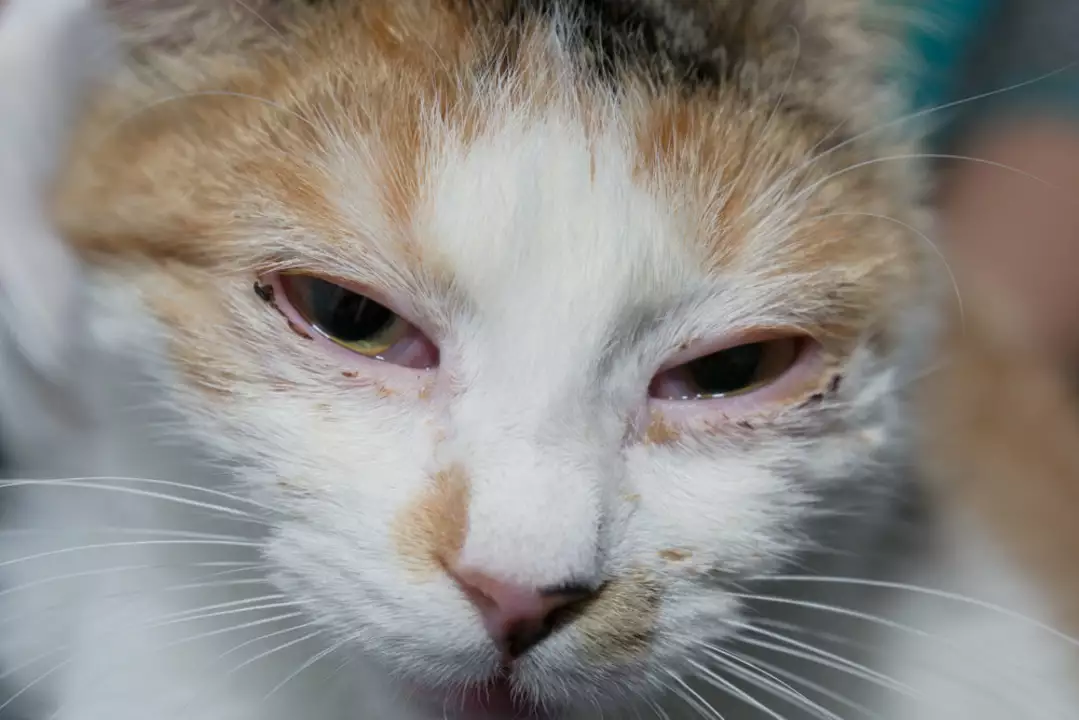Pet Health: Care, Meds, and Common Issues
Keeping your pet healthy can feel overwhelming, but small habits make a big difference. This page gives clear tips on spotting problems, using medications safely, and finding reliable online pharmacies. If you're worried about a specific condition, you'll find quick guides and links to detailed articles like our Famciclovir for Cats post.
Watch your pet daily for changes in appetite, bathroom habits, energy level, coat condition, or breathing. A dull coat, sneezing, or repeated eye discharge in cats often signals an underlying issue. For dogs, limping, vomiting, or sudden lethargy are red flags. Note when symptoms start and what makes them better or worse — that info helps your vet diagnose faster.
Common cat illnesses
Cats commonly get upper respiratory infections, flea allergies, dental disease, and feline herpes virus. Feline herpes shows as sneezing, eye ulcers, and crusty noses. Famciclovir is an antiviral many vets use to treat feline herpes; we have a full article covering how it works, dosing basics, and what to expect during treatment. If your cat has recurrent eye problems, ask your vet whether testing or long-term management is needed.
Dental care is often overlooked. Bad breath, pawing at the mouth, and decreased interest in hard food suggest dental pain. Regular brushing, dental chews, and professional cleanings prevent infection and help your pet feel better.
Medications and safety
Always get medication advice from a vet before giving anything new. Human meds can harm pets even in small doses. When using prescription drugs, follow the exact dose and duration your vet prescribes. Stopping early can let the illness return; giving extra doses can cause toxicity.
Buy meds from trustworthy sources. Our site reviews online pharmacies so you can compare licenses, shipping times, and customer feedback. Look for clear contact info, pharmacist access, and verified prescriptions. If a price sounds too good to be true, check the pharmacy's credentials first.
Watch for side effects like vomiting, diarrhea, loss of appetite, or changes in behavior. If you see severe signs — trouble breathing, collapse, severe bleeding — get emergency care right away. For milder side effects, call your vet; they may adjust the dose or switch drugs.
Prevention matters: keep vaccinations current, use flea and tick prevention year-round if your area needs it, and feed a balanced diet. Routine checkups catch issues early and save money and stress later. Use our articles to learn more about specific conditions, safe supplements, and how to choose an online pharmacy you can trust.
Bookmark this page and join our newsletter for new posts and pharmacy updates. If you have a pet question, start with your vet and use our guides to prepare for the visit.
Pack a pet first-aid kit with gauze, styptic powder, tweezers, an oral syringe, and your vet's contact info. Learn how to stop minor bleeding, clear an airway, or take a temperature. Practice calmly and update medications and records every year. Keep a copy of vaccine records in your kit. Always.

Famciclovir for Cats: Treating Feline Herpes Virus Effectively
As a cat owner, I recently came across an effective treatment for feline herpes virus called Famciclovir. This antiviral medication has been a game changer in managing this common ailment in cats. Not only does it help reduce the severity of symptoms, but it also speeds up the recovery process. I'm glad I discovered Famciclovir for my furry friend, and I highly recommend it to other cat owners dealing with feline herpes virus. It's important to consult with your vet for proper dosage and administration.
view more




